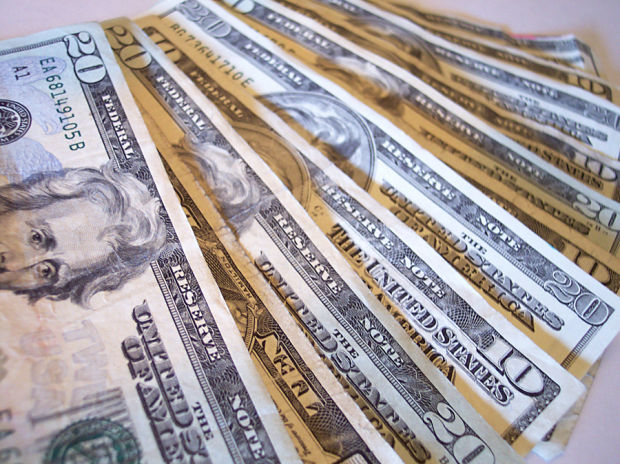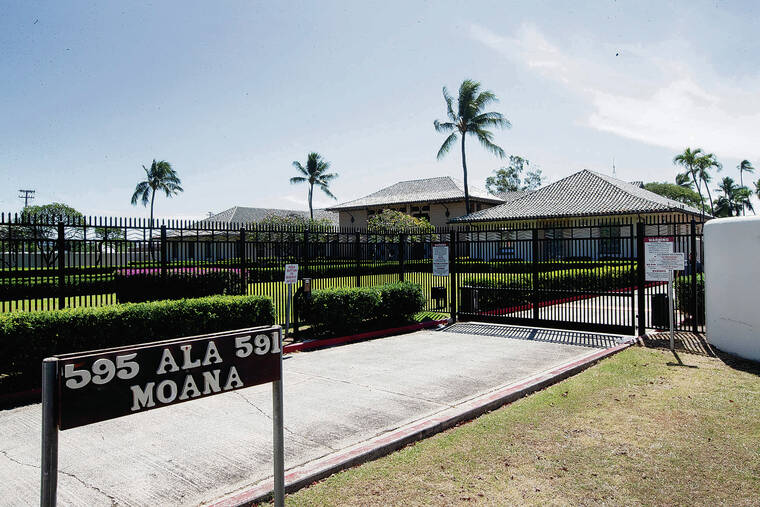LIHUE — More changes could be on the tax horizon.
And visitor industry officials and some Kauai residents say that a proposed Kauai County Council bill to establish a new tax class for timeshare properties could have negative consequences on the island’s economy.
Creating this new tax class, they claim, would single out a specific sector of the tourism industry and open the door to higher taxes on timeshare properties, which are now taxed at the same rate as hotels and resorts.
Some county officials, however, say that is not the case. They say the new tax category is needed to correct inequities in the tax assessment process, where some timeshare units are valued lower than their condominium counterparts in the same complex.
“There’s unforeseen ramifications when you do this,” Waipouli resident Gary Pierce told councilmembers at a recent public hearing. “I can see that these bills have been thought out, and I know what you’re trying to do — you’re trying to increase the tax, but later on, something else can happen. People can get around these things — I can set up a partnership where we’re co-tenants and it’s not a fractional share anymore, so even if you’re trying to increase taxes, an unforeseen ramification is that we can get around it.”
There are no dollar figures attached to the proposed bill, which the County Council will consider Wednesday.
Bruce Blohowiak, director of the Lawai Beach Resort Association of Apartment Owners, said he and his wife own two timeshare units at the Poipu resort and are worried that the county’s proposal could have substantial effects on fellow owners and the island’s tourism industry.
“We are a large employer of many of the wonderful residents of Kauai,” Blohowiak said. “The proposed rate increase will work a hardship on many of our owners, resulting in an even larger default rate, which of course, impacts operations and our ability to attract and retain staff. Timeshares also do not enjoy the same appreciation as other real estate, often loosing substantial value at a more substantial rate post acquisition as compared to other real estate.”
A budget measure approved by the County Council in May increased the tax rate for hotels and resorts from $9 to $10.85 — a move that is expected to generate about $4 million in additional revenue.
A total of 2,377 individual timeshare units on Kauai comprised 27.4 percent of all available visitor accommodation last year, according to a 2013 Hawaii Tourism Authority report. Hotels, meanwhile, offered up 2,735 available rooms, making up 31.5 percent of all visitor accommodations available last year.
The Westin Princeville Ocean Resort Villas General Manager Denise Wardlow, along with at least five other hotel officials, said they would prefer to see timeshare properties kept within the hotel and resort tax classification. They also said that any changes in the way timeshare units are assessed should be gradually phased in over three to five years.
“Timeshares are a valuable and stabilizing part of the tourism industry by providing visitors to Kauai during tough economic times,” Wardlow, the Kauai Chapter president for the Hawaii Lodging and Tourism Association, wrote in an email to the County Council. “During the recent economic downturn of 2008, most timeshare resorts continued to run high occupancy levels and maintained consistent employment on Kauai, whereas many other operations on the island were forced to reduce their labor force.”
If the county’s proposal is approved, Honolulu-based attorneys Gary Slovin and Mihoko Ito, who represent Wyndham Vacation Ownership, say they are worried that county officials may eventually tax timeshares at a rate higher than resort and hotel properties, which now pay the highest real property tax rate. It is a similar situation that, they said, occurred nine years ago on Maui, where “timeshares continue to disproportionately be the highest assessed classification.”
“Removing timeshares from the hotel/resort classification to open the door to a higher real property tax rate would be detrimental to an industry proven to bring stability to the visitor industry,” Slovin and Ito wrote in a July 8 letter to the County Council. “Timeshares are loyal, repeat visitors who have made long-term commitments to the islands. Wyndam appreciates the difficult choices that need to be made to balance the county’s budget, but believes that singling out the timeshare industry is not a prudent solution.”
Ken McKelvey, chair of the American Resort Development Association-Resort Owners Coalition, agreed and said timeshare owners “already pay more than their ‘fair share’ on Kauai since they are included in the hotel and resort classification.”
“The only plausible explanation for removing timeshare from the hotel/resort category is to single out the one segment of the visitor industry that has chosen to make a long-term investment on Kauai and charge them higher taxes,” McKelvey wrote in a July 9 letter to the County Council. “While not all owners have the funds to purchase second homes or whole ownership condominium units on Kauai, timeshare continues to be a way for middle income citizens to enjoy a long-term vacation experience.”
The County Council’s Finance Committee will take up this tax proposal, outlined in Bill 2548, during their Wednesday meeting, beginning at 8:30 a.m. in the Historic County Building’s Council Chambers.
Written testimony can also be sent to counciltestimony@kauai.gov.
•••
Darin Moriki, county government reporter, can be reached at 245-0428 or dmoriki@thegardenisland.com. Follow him on Twitter at @darinmoriki.





